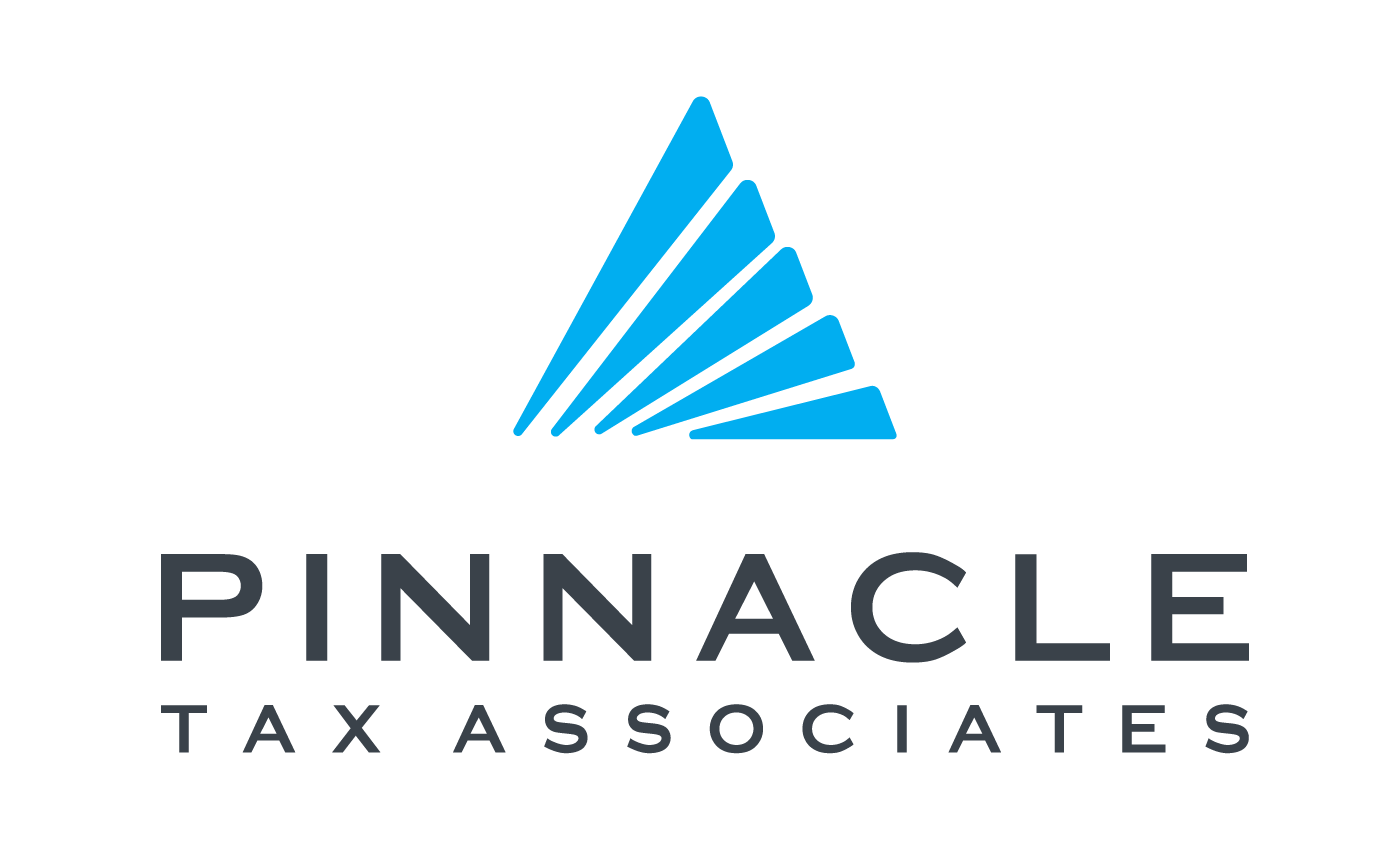Our Blogs
Looking for a blog post on a particular topic? Email us at [email protected]

12 Hidden Tax Traps to Avoid in Retirement

1. Underestimating the Impact of Required Minimum Distributions
2. Ignoring State Taxes on Retirement Income
3. Overlooking Tax Consequences of Annuities
4. Mismanaging Capital Gains on Investment Sales
5. Not Considering the Tax Impact of Social Security Benefits
6. Neglecting the Benefits of Tax-Loss Harvesting
7. Failing to Adjust Withholding on Retirement Income
8. Not Taking Advantage of Health Savings Accounts
9. Overlooking Charitable Contributions and Their Tax Benefits
10. Missing Out on the Advantages of Roth Conversions
11. Falling for Common Tax Myths in Retirement Planning
12. Ignoring Professional Tax Advice
Frequently Asked Questions
Q:
I'm don't live near the Lehigh Valley, PA. Can we still work together?
We’re built to serve you virtually through Zoom and/or Microsoft Teams. However, if you’re in the Lehigh Valley, PA area you can meet at our office, a coffee shop or even at your kitchen table.
Q:
Why would anyone consider a Roth Conversion and pay more taxes this year?
Everyone's situation is different. For some, a Roth Conversion would not be an effective planning tool.
For others, it's possible that they (or their beneficiaries) will be in a higher tax bracket in the future. A partial Roth Conversion from a Traditional IRA can 'lock in' that lower tax liability by electing to the the tax this year!
Q:
What are some of the Hidden Tax Traps, and why are they important?
There are several, but the most common are (1) the taxability of Social Security Benefits and (2) increased Medicare Premiums.
Roth Conversions increases taxable income. This increase could subject you to additional taxes/premiums, so we must consider these when putting together a multi-year, comprehensive tax plan.
Q:
Is there any cost or obligation when booking an appointment?
Not at all. There is no cost or obligation when booking an appointment to speak with Dan or Jake.
In an initial conversation, we generally talk about your current situation and goals. We'll also give you an overview of our tax planning process. From there, the choice is yours if you want our help or not!
Get in touch with us
(610) 443-2033
881 3rd Street Suite B-4, Whitehall, PA 18052
- Monday - Friday, 8:00 am - 5:00 pm
Send us a message

Follow Us
Follow Us
Contact Us
(610) 443-2033
881 3rd Street Suite B-4, Whitehall, PA 18052
Monday - Friday, 9:00 am - 5:00 pm
© Copyright 2025. Pinnacle Tax Associaltes, LLC. All rights reserved.

